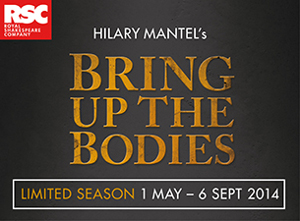
A Shakespeare Performance Resource with Audio
UNDER CONSTRUCTION
Quiz

Speaking Shakespeare - QUIZ CHALLENGE !
Did you know?
-
In Elizabethan times English was broadly-speaking a phonetic language, meaning it was written as it was pronounced. Today, due largely to the 'Great Vowel Shift', it is anything but phonetic, as foreigners struggling to learn English will attest. George Bernard Shaw even wrote a humorous poem about it called 'English Pronunciation'.
-
‘War’ once rhymed with ‘bar’ and ‘scar’. As it no longer does, this can play havoc with rhymes:
Like of find fault, do as your pleasures are
Now good or bad, ‘tis but the chance of war.
(Prologue to Troilus & Cressida, final couplet)In similar vein, when Shakespeare wrote ‘war-worn coats’ in Henry V he heard something rather more muscular than us.
-
Many words occurring at the end of a verse line ending in '–ion' were pronounced with an extra syllable > ‘Am-BI-ti-ON’. The same is true of '–ious', '-ient' and '-ience' words at the end of verse lines. This made the verse lines scan properly. So what should do we do today? Add an extra syllable which could sound odd to contemporary audiences, or not bother and trip up the metre by being a syllable short? Versebuster helps you decide.
Copyright © 2010-2020 Versebuster, ℗ 2010-2020 Versebuster. All rights reserved.




